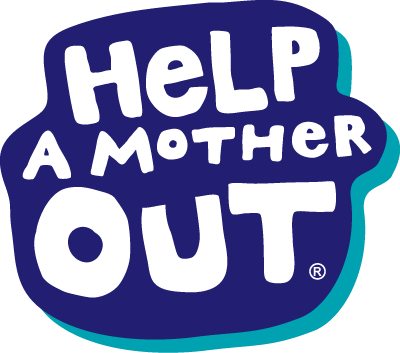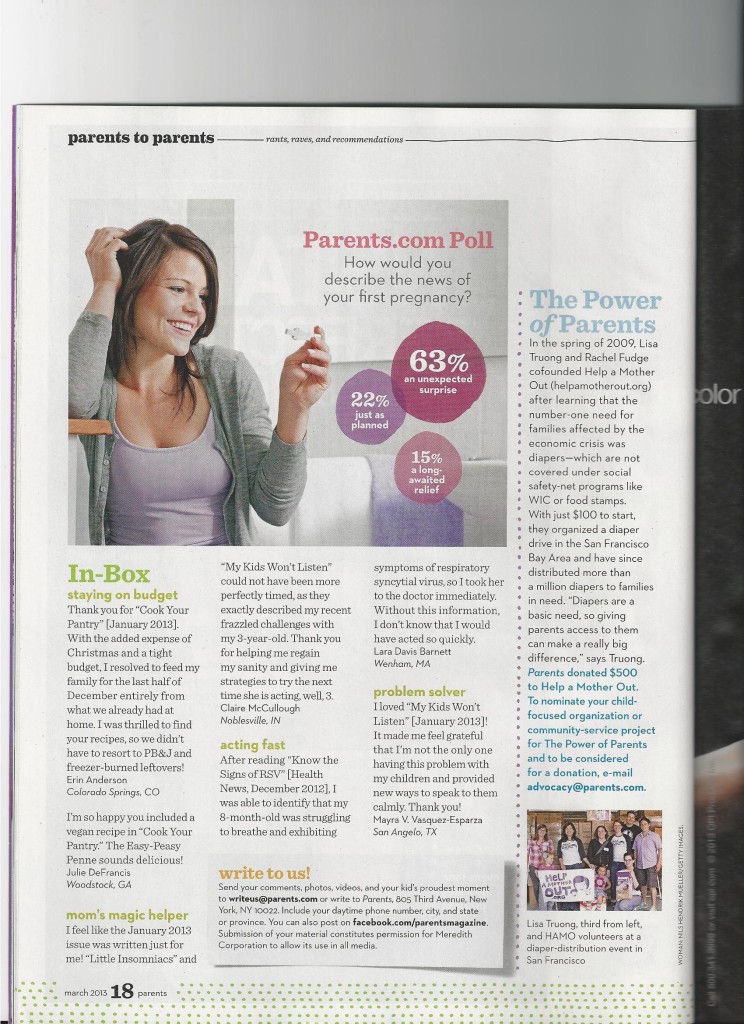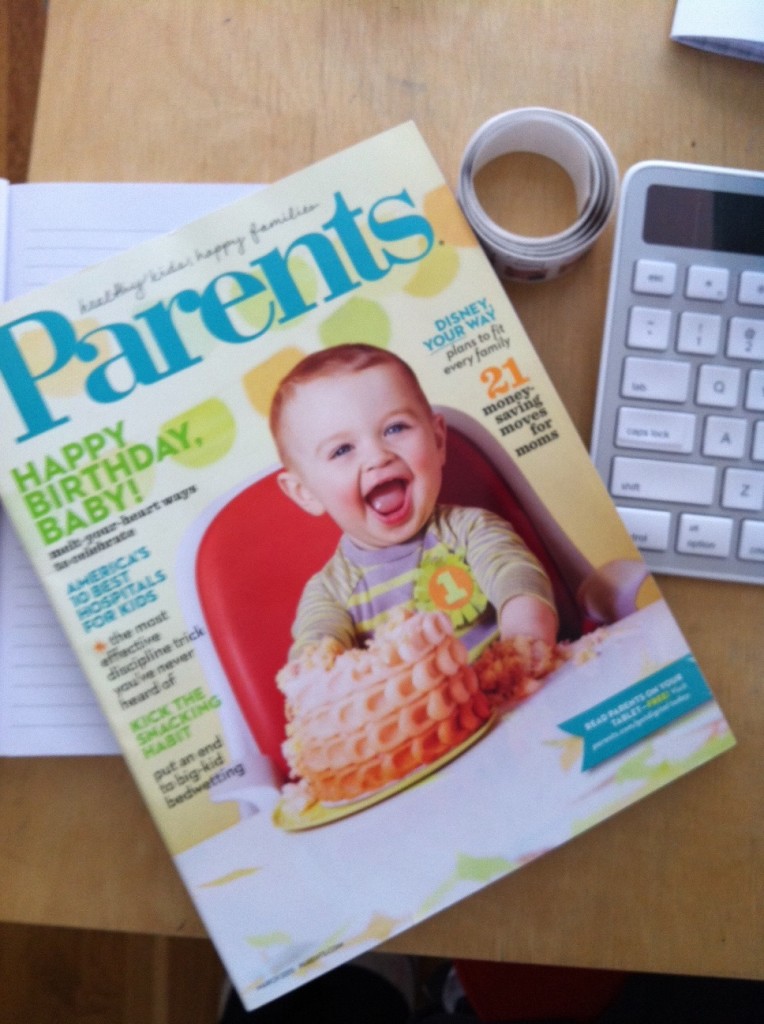The NDBN Diaper Check 2023: Diaper Insecurity among U.S. Children and Families
a nationally representative study commissioned by the National Diaper Bank Network
Released June 15, 2023
Source: The NDBN Diaper Check 2023. For the complete Study,
go to their website.
The National Diaper Bank Network just released the results from a 2023 study on diaper need, and they are unfortunately not surprising: Diaper need has increased sharply for families across the US.
We know that having enough diapers opens doors for families: children can gain access to critical early education opportunities, and parents can go back to work to earn much-needed income. Here is a brief summary of NDBN’s major findings:
Diaper need has increased sharply.
47% (almost half) of families reported diaper need in 2023. In the first diaper need investigation in 2010 and in several subsequent studies, approximately 33% or 1/3 of families reported diaper need.
Diaper need forces families to cut back on other essentials.
46% of families reported reducing other expenditures to afford diapers, with most of those households cutting back in multiple areas. The most common cutback was entertainment outside the home (56%). Other common areas for cutbacks included food (35%) and utilities (19%).
Diaper need is associated with stress and worry.
70% of the respondents reporting diaper need said that they were stressed or anxious about their responsibilities as a parent or caregiver. 53% said they felt judged as a bad parent/caregiver because they could not afford diapers.
Diaper need is widespread and cuts across income levels.
Among families with diaper need, 66% were categorized as low income, 28% as middle income, and 6% as high income.
Diaper need impacts daily life.
Families with diaper need reported more instances of unmet health needs; stress and anxiety; limitations on free time and social contact; and barriers to work.
Diaper need intersects with food insecurity.
More than a quarter of respondents (28%) who reported diaper need said that they skipped meals so that they could afford more diapers.
Diaper need results in parents missing work and losing wages.
1 in 4 (25%) of parents and caregivers with diaper need reported having to miss work or school because they did not have enough diapers to drop their child off at childcare, and reported missing, on average, 5.1 workdays in the past 30 days. This represents a loss of $296 per month for a parent earning the federal minimum wage of $7.25 per hour.












